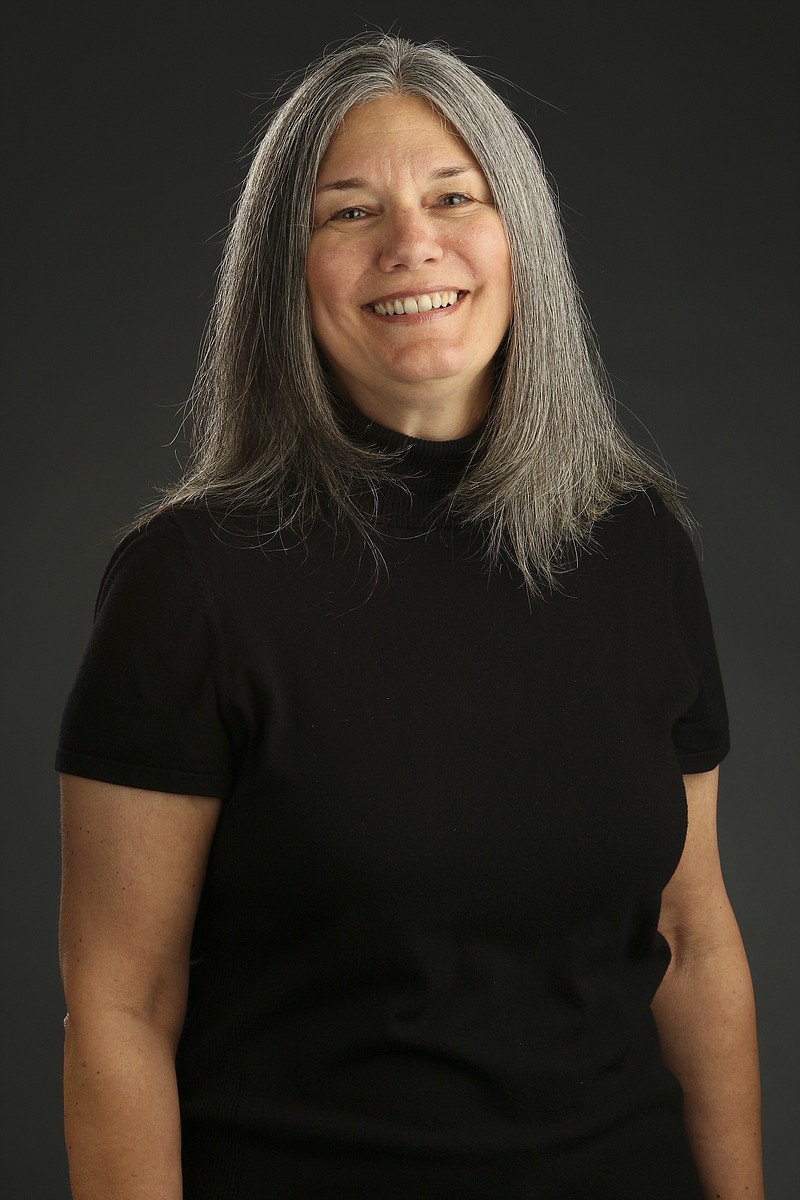Unlike thousands of Twitter feeds and other social media platforms, Nicole Brown's Facebook page is an uplifting online destination.
The adjunct professor and academic adviser for the communication department at The University of Tennessee at Chattanooga shows what's new in her career, her community service, and just a bit of her personal life - all with creative flair.
Her past career experience in human resources also guides Brown's careful consideration of how to focus on success, inspire others and approach Facebook in ways that show her students how social media should be done.
And she's got some great advice for recent graduates preparing to begin their careers.
"Students have a long history with social media," Brown said. "I would encourage them to start over, because that's a lot of clean-up!"
Brown has served on boards that interview young adults. She said she's "found things that have saved organizations from hiring" people with unfortunate posts.
"That's why I'm saying you should start over and brand yourself as a professional," she said.
In the same way young people sometimes do not know how to dress appropriately for a job interview, they may not understand the importance of scrubbing a Facebook page.
While college can be a blast and social media is certainly part of the experience, there may be unsavory photos or references to parties where underage drinking happened or illegal substances were consumed. (And don't forget opinions expressed by younger selves that might be viewed as insensitive or malicious today.)
By now you're thinking: "That's not me. My privacy settings are limited to friends."
But do you really know all of your Facebook "friends"? Anyone could spin your words or lift your photos and share them so that everyone can see.
Online pratfalls obviously aren't limited to the young. Longtime professionals aren't exempt from social media hazards either. Cutting loose on vacation may be a blast, but it may not be the best time to post revealing photos.
Think about five weeks from now, or five years from now, when you've forgotten those crazy moments and you are looking for a new job.
This is not a wet dishrag of a column because I do believe there are ways to be interesting on Facebook without being crude. At UTC, Brown enjoys creative posts from students who maintain social media accounts for The Perch, the student radio station where she serves as faculty adviser. "I also encourage them to be conscious of the audience," she said. "Not only do we have the students enrolled at UTC, but the whole world can watch what you're doing."
But for those who have been out of the job market for a while or for the ones just entering it, it's important to know the application process is thorough, whether online or in person. All social media is under scrutiny by employers. If an account communicates words or photos a prospective employer finds offensive, it could cost you a gig you might otherwise get.
Dr. Felicia McGhee has seen one internship fall apart over a Facebook post. McGhee, an assistant professor in the communication department at UTC, has a long history of matching interns with businesses. She sent a student who had previous video editing experience to an internship that seemed like a great fit.
Upon arriving for the interview, the student was told there was no longer an internship available. Devastated, the student told McGhee about the incident. When McGhee called later to learn more, the head of the company told her the student had a Facebook post he didn't appreciate.
"When I looked at it, I was shocked, shocked. The student himself did not post questionable material. It was a friend of his who posted to his page," McGhee said. "And on the page, the friend made up a rap, and it talked about women. I brought it to the attention of the student and explained this is why he didn't get the internship. And he said it didn't have anything to do with him, he didn't post it. He should have deleted it."
McGhee also mentioned the employer didn't have to go far into the student's history on Facebook to find something inappropriate. Yikes!
Free speech on social media is great if landing and keeping a job aren't priorities. Is it so important to tell the world how you feel? What if the result is that you can no longer pay your bills or live the lifestyle you want? Is it really worth it to air everything out online?
"I'm not that relevant," Brown deadpanned. "None of us are."
Brown, McGhee and I are thankful: The mistakes we made in our youth weren't broadcast to the world seconds later. But today there are cameras everywhere just waiting to catch someone doing something ridiculous.
McGhee summed it up with a simple, effective guideline.
"Think of yourself and your social media as a blank canvas," she said. "What you put on the canvas needs to help you, not hurt you."
Cindy Carroll served as assistant director of university relations at the University of Tennessee at Chattanooga for nearly 20 years.
